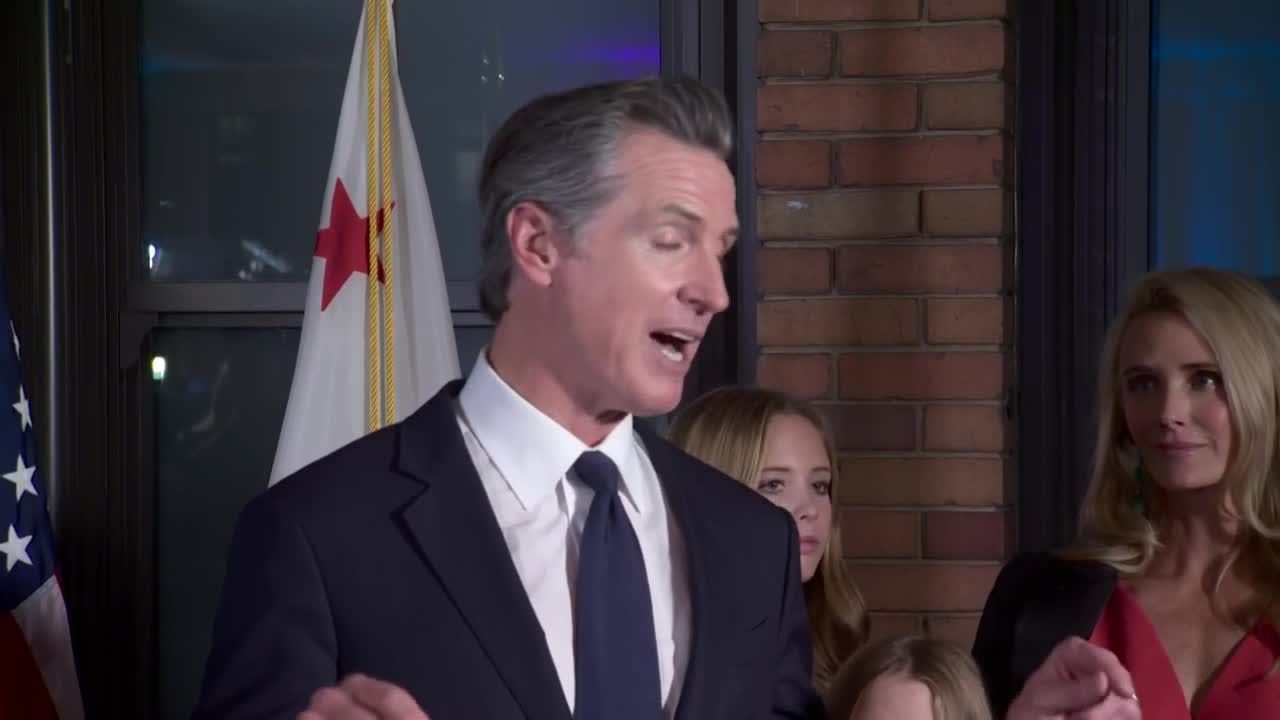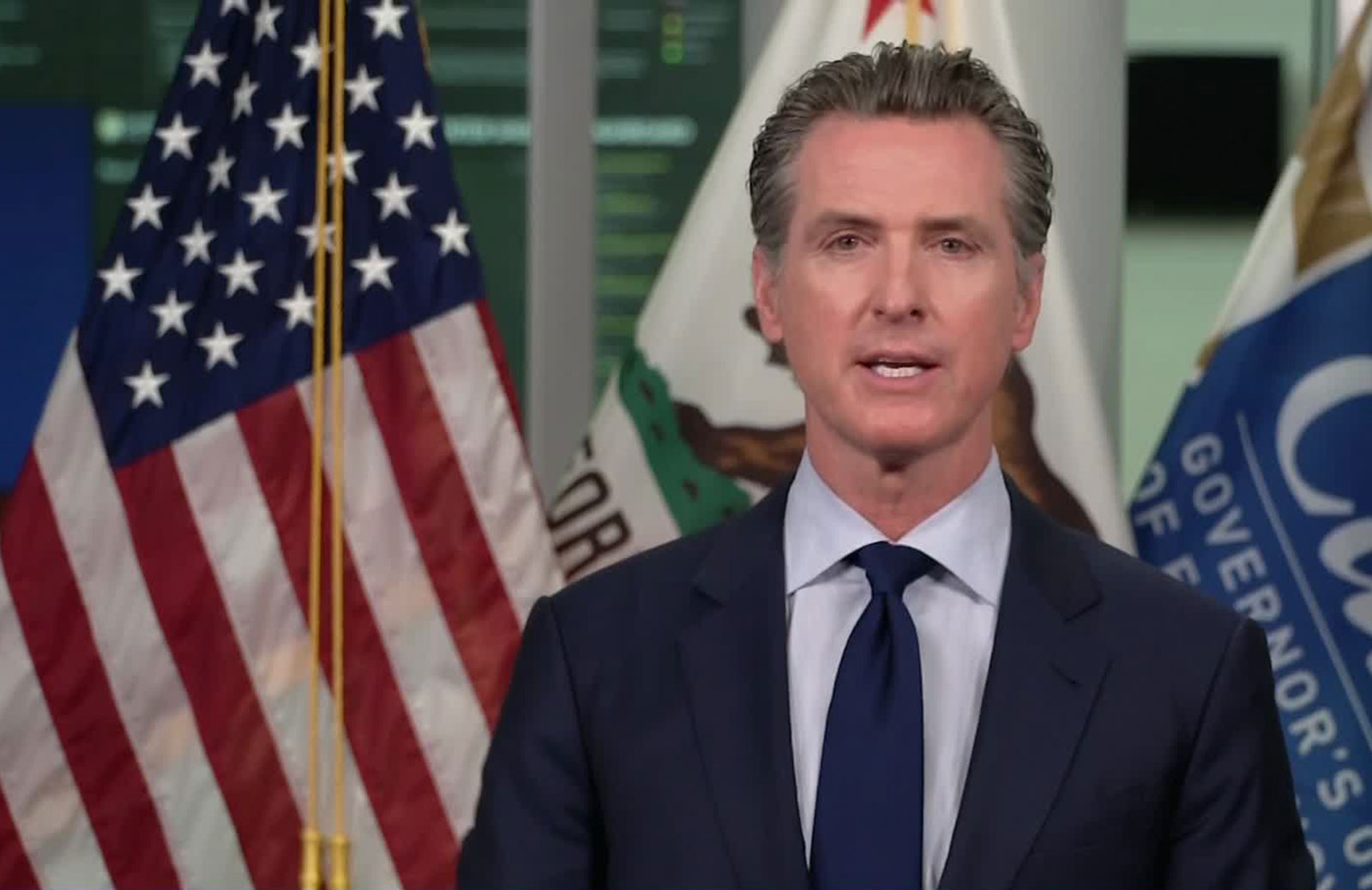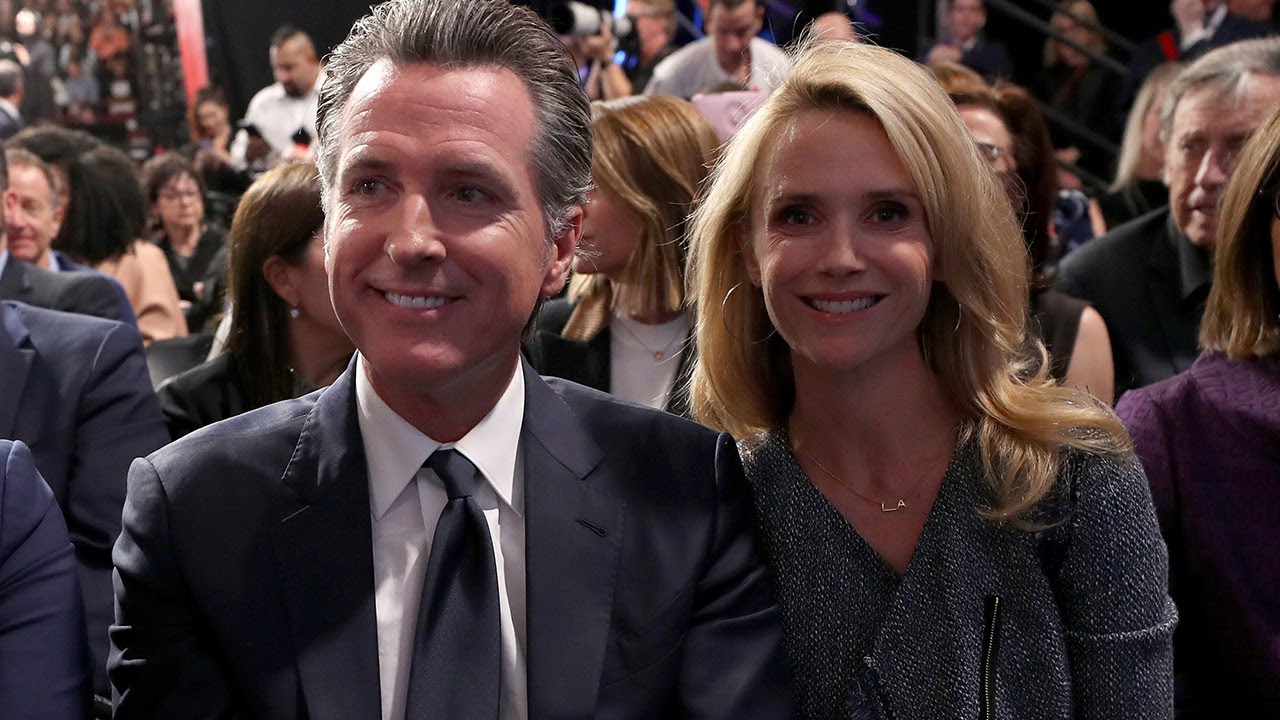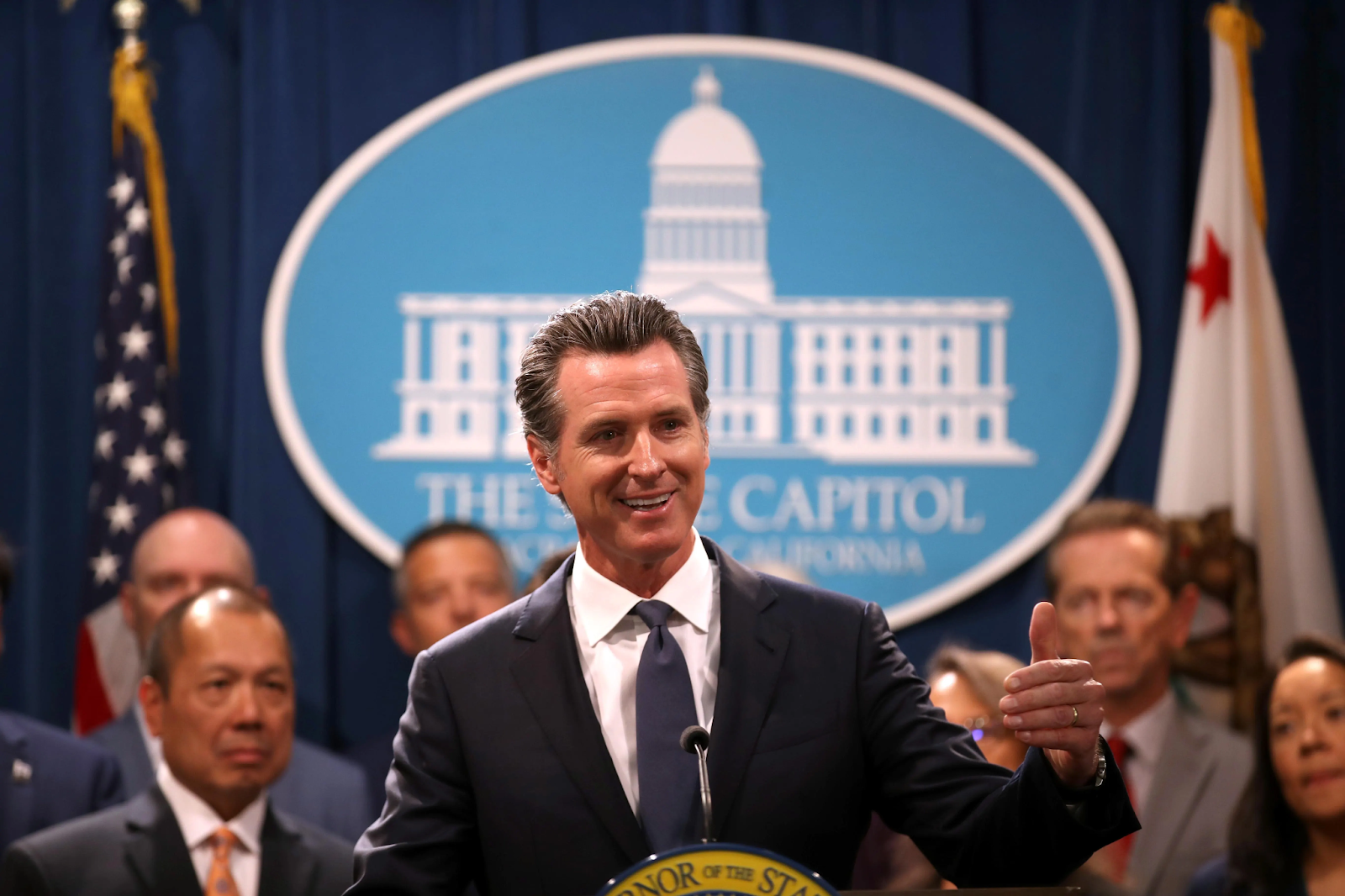Gavin Newsom, the 40th Governor of California, is a prominent political figure known for his progressive policies and leadership in the United States. While much of the public discourse surrounding Newsom focuses on his political career, policies, and ambitions, questions about his personal life, including his religious beliefs, often arise.
This article delves into Gavin Newsom religious background, exploring how his faith—or lack thereof—has influenced his values, political decisions, and public persona.
Gavin Newsom’s Religious Background

Gavin Newsom was raised in a religiously influenced household in the San Francisco Bay Area. He grew up attending Catholic school, a common choice for families in the area during the 1970s and 1980s. Newsom’s early education instilled in him a familiarity with Catholic traditions, doctrines, and values.
A Cultural Connection to Catholicism
While Newsom’s upbringing exposed him to Catholicism, there is little evidence to suggest he has maintained a strong connection to religious practice in adulthood. Instead, his ties to religion appear more cultural than spiritual. Like many individuals who grow up in faith-based environments, he retains an appreciation for the ethical and moral lessons rooted in his early experiences but does not actively participate in organized religion.
Religion and Leadership

Newsom’s political career reflects a pragmatic approach to leadership that prioritizes inclusivity and secularism over religious affiliation. As a governor of one of the most diverse states in the nation, his policies and public statements have consistently emphasized equality and the separation of church and state.
Values Rooted in Morality
Though Newsom may not openly profess a specific religious identity, his political stance often aligns with values commonly associated with faith traditions, such as compassion, justice, and advocacy for the marginalized. This alignment suggests that his early exposure to Catholic social teachings may have shaped his moral compass.
Examples include:
- Healthcare: His strong advocacy for universal healthcare and expanded access to medical services reflects a commitment to caring for others.
- Social Justice: Newsom’s leadership on LGBTQ+ rights, housing reform, and immigrant protection echoes the Catholic ethos of protecting the vulnerable.
Religious Beliefs in Public Life
Gavin Newsom is not outspoken about his personal beliefs, which has led some to question how faith—or a lack thereof—factors into his decision-making. Unlike some politicians who lean heavily on their religious identity, Newsom appears to approach religion as a private matter, allowing his actions and policies to speak for his values.
Avoidance of Religious Polarization
In today’s politically charged environment, religion can often become a divisive issue. Newsom has avoided aligning himself with any particular religious group, which may be a strategic choice. By not overtly expressing religious affiliation, he ensures his policies resonate across a broad spectrum of beliefs and cultural backgrounds.
California’s Religious Landscape
California is one of the most religiously diverse states in the U.S., with large populations of Christians, Jews, Muslims, Buddhists, Hindus, and non-religious individuals. Newsom’s inclusive approach to governance reflects this diversity, allowing him to address the needs of a varied constituency without alienating specific groups.
Secular Leadership in a Diverse Society
One of the defining characteristics of Gavin Newsom’s leadership is his reliance on science, data, and secular principles in policy making. This has been especially evident in his handling of major issues such as climate change, healthcare, and the COVID-19 pandemic.
Balancing Faith and Secularism
While Newsom does not publicly discuss personal religious convictions, his policies often aim to create a society where people of all faiths—and those with no faith—can thrive. For instance:
- Marriage Equality: As the mayor of San Francisco, Newsom famously defied state law in 2004 by issuing marriage licenses to same-sex couples. This decision demonstrated a commitment to equality over adherence to traditional religious views.
- Reproductive Rights: Newsom has been a staunch advocate for women’s rights, including access to abortion, which aligns with a secular approach to governance but contrasts with traditional Catholic teachings.
Personal Philosophy and Spirituality

Though Gavin Newsom’s public persona leans secular, some of his interviews and speeches hint at a personal philosophy that draws from a variety of moral and spiritual traditions.
A Broader Perspective on Religion
Newsom has occasionally spoken about the importance of moral responsibility and ethical leadership. These remarks suggest he values the principles of religion—such as compassion and service—without necessarily subscribing to a specific faith.
For instance, during public addresses, Newsom often emphasizes themes of unity, hope, and collective action, which resonate with spiritual ideals but remain inclusive of all belief systems.
Criticism and Public Perception
As with any public figure, Newsom’s stance—or perceived lack of stance—on religion has invited criticism.
Criticism from Religious Conservatives
Some religious conservatives view Newsom’s progressive policies as conflicting with traditional Christian values. His support for LGBTQ+ rights, reproductive freedom, and other social issues often places him at odds with conservative religious groups.
Secular Critics
On the other hand, secular critics occasionally question whether Newsom’s Catholic upbringing influences his policies, despite his seemingly neutral public stance. These critics argue for complete separation between personal beliefs and public governance.
The Broader Implications of Newsom’s Approach
Gavin Newsom’s approach to religion in public life highlights the evolving role of faith in American politics. As society becomes increasingly pluralistic, leaders like Newsom reflect a shift toward governance rooted in shared human values rather than specific religious ideologies.
A Model for Inclusive Leadership

Newsom’s ability to navigate the complexities of religion and politics serves as a model for inclusive leadership. By focusing on common ground—such as the pursuit of justice, equity, and opportunity—he bridges divides and appeals to a broad constituency.
Challenges Ahead
As Newsom’s political career continues, questions about his religious identity are likely to persist, particularly if he pursues national office. In a country where faith often plays a significant role in electoral politics, his secular approach may either serve as a unifying force or become a point of contention.
Conclusion
Gavin Newsom’s religion is characterized by subtlety and inclusivity. Raised in a Catholic environment, he appears to have adopted the moral lessons of his upbringing without adhering strictly to religious dogma. This nuanced approach allows him to connect with a wide range of constituents, addressing the needs of a diverse society while maintaining a focus on universal values.
Whether or not religion plays a significant role in his personal life, Gavin Newsom’s leadership style emphasizes compassion, equality, and service—principles that transcend individual faiths and resonate across cultural boundaries. As he continues to shape California’s future and potentially influence the national stage, his approach to religion will remain a defining aspect of his public identity.
